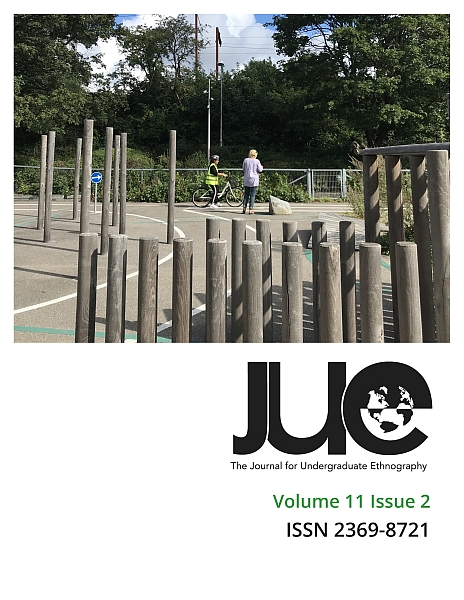The Gendered Construction of Border-Crossing in Canada: Immigrant and Indigenous Women‘s Life Histories in the Tracks of Gloria Anzalduéa
DOI:
https://doi.org/10.15273/jue.v11i2.11039Schlagworte:
conocimiento, nepantla, borderzone, border-crosser, immigration, citizenship, colonialism, secularism, multiculturalismAbstract
Our paper offers a new direction for Canadian scholarship on women and border studies by contextualizing women border- crossers within Anzalduéa‘s conocimiento model. Based on the narratives of six women border-crossers in Canada, we argue that citizenship is a form of regulatory state-power where “belonging” is bureaucratically defined. For these women, belonging to a homeland is embodied in the interplay between Anzalduéa‘s facultad and shadowbeast—between the agency of spirituality and the vagaries of political subjectivity. They crossed the border into Canada, and as a result, the whole of Canada became a borderzone within which they negotiated nepantla (the experience of being “in-between” culture and identity categories). We demonstrate how applying Anzalduéa‘s framework to the Canadian context yields new insights into secularism, citizenships, multiculturalism, and belonging.


